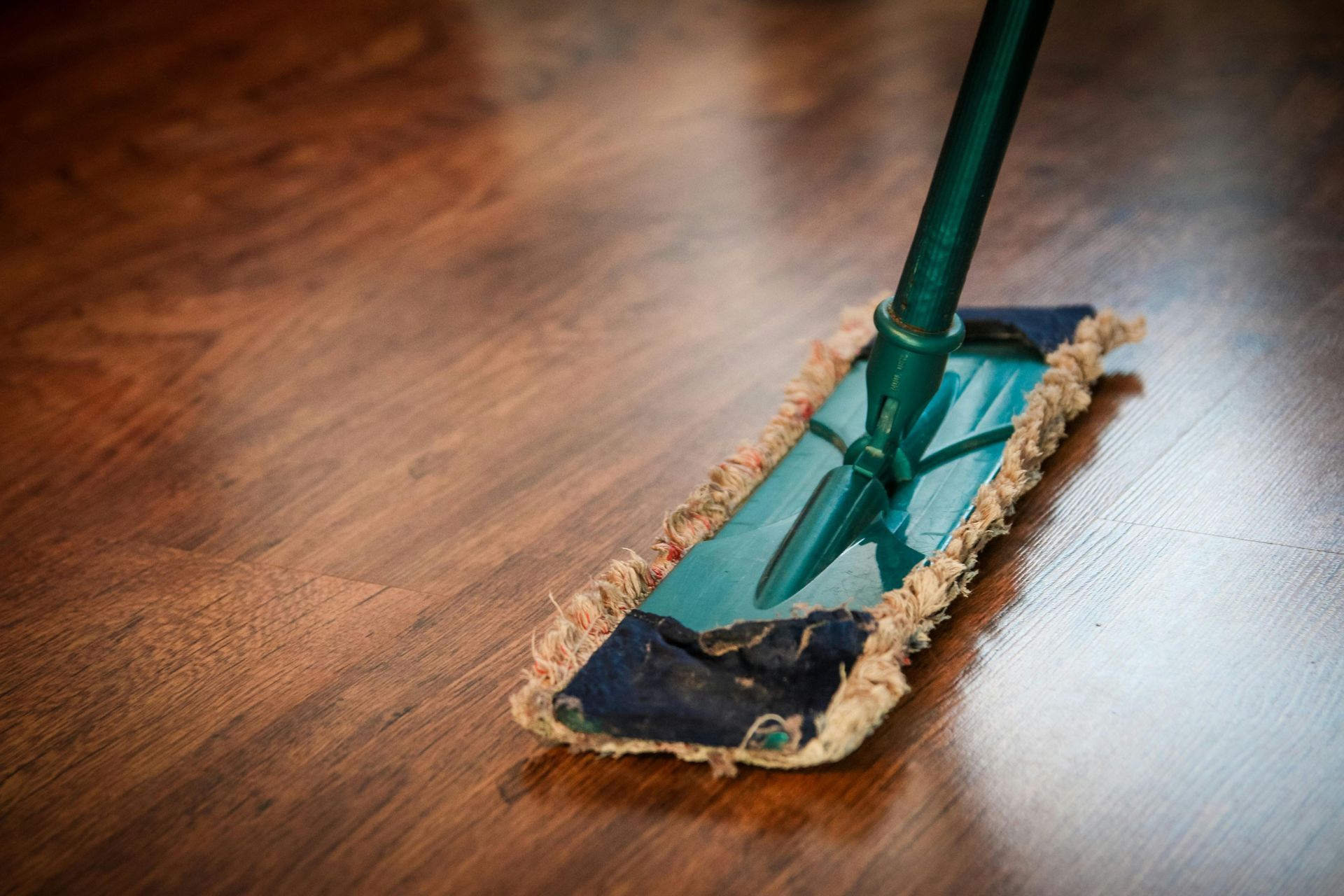Home Maintenance FAQs: Troubleshooting Your Home
As a tenant, you may encounter various maintenance issues during your tenancy. This comprehensive guide addresses frequently asked questions about common problems and provides practical solutions to help you navigate these challenges effectively.
Q: Why is there no electricity to this receptacle/light fixture?
A: Before calling your property manager, check for a tripped GFCI outlet or circuit breaker. GFCI outlets, found in wet areas like bathrooms, kitchens, basements, and outdoors, have a reset button. Press this firmly to restore power. If the issue persists, locate your circuit breaker panel and look for any switches that are tripped, meaning they are halfway between “off” and “on”. Flip these breakers completely “off” and then "on." If the problem continues or you're unsure about electrical matters, contact your property manager for assistance.
Q: My refrigerator seems too warm or too cold. What should I do?
A: Refrigerator temperature issues are often easily resolved. First, locate the thermostat inside your fridge. It's usually a dial or digital display. The ideal temperature is between 35°F and 38°F (1.7°C to 3.3°C). Adjust the setting accordingly and wait 24 hours for the temperature to stabilize. If the problem persists, check that the fridge doors seal properly and that vents inside aren't blocked by food items. Should these steps fail to resolve the issue, it's time to contact your property manager for a professional assessment.
Q: The garbage disposal isn't working. How can I fix it?
A: First, ensure the disposal is plugged in and that its circuit hasn't tripped. If it's receiving power but not functioning, look for a reset button on the bottom of the unit and press it. If you hear a humming sound but the blades aren't turning, something may be jamming them. Unplug the unit, use a flashlight to inspect for visible obstructions, and remove them with pliers if possible. Never put your hand inside the disposal. If these steps don't work, or if there's no sound at all, inform your property manager as the unit may need repair or replacement.
Q: Help! The toilet is clogged. What now?
A: Don't panic! Start with a plunger, ensuring there's enough water in the bowl to cover the plunger's head. Create a seal around the drain and pump vigorously several times. For stubborn clogs, try adding hot (not boiling) water and dish soap to the bowl, wait a few minutes, then plunge again. If plunging doesn't work, a toilet auger can be effective for more serious blockages. However, if you're not comfortable using one or if these methods fail, it's best to contact your property manager to avoid potential damage to the plumbing system. For tenants with water-efficient toilets, we recommend holding the flush handle for a few seconds with each flush to allow more water into the system. This can help prevent frequent clogs from solid waste.
Q: There's no hot water. What could be the problem?
A: First, check if the issue affects all faucets or just one. If it's isolated, the problem may be with that specific faucet. For a house-wide issue, the water heater may be the culprit. If you have an electric water heater, check your circuit breaker and reset it if necessary. For gas water heaters, the pilot light may have gone out. If you're comfortable and knowledgeable you may relight it by following the instructions on the water heater unit. However, if you're unsure or smell gas, exit the property immediately and contact your property manager or the gas company. It's always safest to have a professional handle gas appliance issues.
Q: Why is my smoke detector beeping intermittently?
A: This usually indicates a low battery. Most smoke detectors use 9-volt batteries. To replace it, gently twist or pull down the detector cover (depending on the model) and swap out the old battery for a new one. After replacing the battery, press the test button to ensure it's working correctly. If the beeping continues or if the detector is hardwired to your electrical system, inform your property manager as there may be a more complex issue at play.
Q: The air conditioning isn't working. What should I check?
A: Before contacting your property manager, perform a few simple checks. First, ensure that the circuit breaker hasn't tripped. Locate your circuit breaker panel and verify that the switch for the AC unit is in the "on" position. If it has tripped, reset it and see if the AC starts working. Next, check the air filter. A dirty filter can significantly reduce airflow and efficiency. Replace it with a new one if necessary. Finally, if your thermostat is battery-powered, check that the batteries are not dead. Replace them if needed. If these steps don't resolve the issue, it may be a more serious problem requiring professional attention, so contact your property manager.
Q: My dishes aren't getting clean in the dishwasher. What can I do?
A: If your dishes are coming out dirty, there are a few things you can check before contacting your manager. First, ensure you're using the correct amount and type of dishwasher detergent. Too little detergent can result in poor cleaning, while too much can leave residue. Check the dishwasher filter, usually located at the bottom of the unit, and clean it if necessary. A clogged filter can prevent water from circulating properly. Also, verify that the dishwasher's spray arms are not blocked by large dishes or utensils. Finally, run a cleaning cycle if your dishwasher has this feature. If these steps don't improve the cleaning performance, it might be a sign of a more serious issue, such as a faulty heating element or clogged drain, which would require professional maintenance.
Remember, while it's helpful to troubleshoot minor issues, always prioritize your safety. If you're unsure about performing any maintenance task or if the problem seems complex, don't hesitate to contact your property manager. They're responsible for ensuring your living space remains safe and functional.
By familiarizing yourself with these common issues and their potential solutions, you can address minor problems quickly and know when it's appropriate to seek professional help. This knowledge not only makes your tenancy smoother but also helps maintain a positive relationship with your property manager through responsible occupancy.














